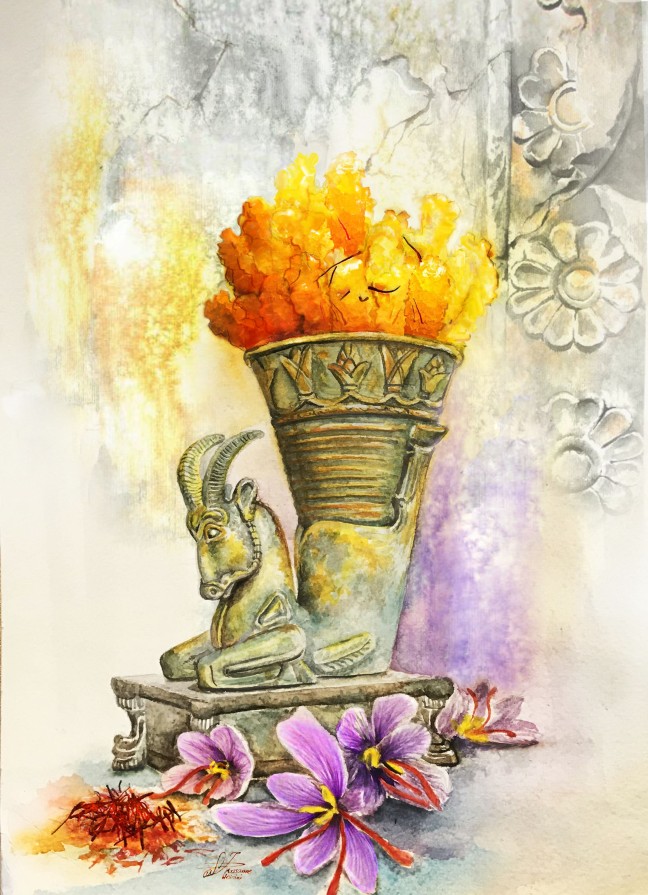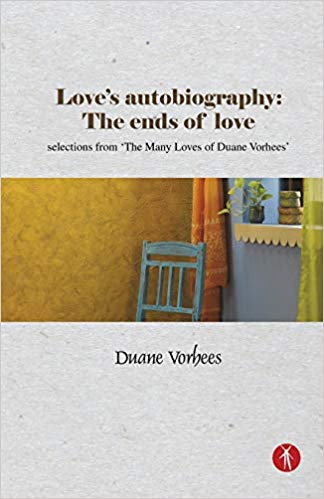
Recently, the Ahmad Tabrizi’s Shahanshahnameh has been edited for the first time by the editors, Mahshid Gohari kakhki and Javad Rashki, and published in December 2018 in Iran by Mahmoud Afshar Foundation & Sokhan publication.
In the Mongolian and Timurid era, writing the historical books flourished in Iran, and a large number of historical poems were composed in this period of time. The “Shahanshahnameh”, an epic-historical poetry, composed by Ahmad Tabrizi, is one of the collections written in the Sultan Abu Said’s court (8th century A.H.). In this poetry book, the stories of Genghis Khan, his ancestors and his successors have been narrated. The Shahanshahnameh, which was written in the style of Ferdowsi’s Shahnameh, consists of 16,419 verses. This book has edited for the first time and published in december 2018 in Iran.
The only available copy of the Shahanshahnameh is kept in a single collection along with three other epic poetry books (No. Or. 2780) at the National Library in the United Kingdom. This collection contains 243 folios and respectively consists of four epics, the Garshapnama, the Shahanshahnameh, the Bahman-nama and the Kushnama. The Shahanshahnameh has 90 folios which were transcribed by the calligrapher “Muhammad-ibn-said-ibn-sad al-hafez al-Ghari”. The text of each page is transcribed in six columns with 33 lines per page.
It seems that the text of the Shahanshahnameh is perfectly completed and only the folio 43 is missing. The first and final pages and the colophon of the manuscript are also available. The name of the book and the scribe and also the date of completion of copying (14 Rajab 800 A.H.) is given in colophon.
The Shahanshahnameh is one of the first poetry books written in the period of the formation of the Persian historical epics and it is particularly important in many literary and historical aspects. One of the most eminent features of this work is the poet’s insistence on linguistic purism, distinguished his writing from the resembling texts. The Ahmad Tabrizi’s Shahanshahnameh is undoubtedly a unique collection in the Persian language because it is the first example of an independent text truly written in the pure Persian. Ahmad Tabrizi repeatedly claimed in his epopee that all of his work was composed in pure Persian and he avoided using non-Persian words in his poetry. This is how the poet attempted to show that the action had been entirely conscious and purposeful.
Ahmad Tabrizi composed his historical epic at the court of the Ilkhanate which mostly titled and ruled as Mongolian. At that time, Arabic language was still considered by the scholars and writers whose first language was Persian. The use of Arabic words was a sign of grace and knowledge for the authors. Turkish, Mongolian and Arabic vocabularies and compositions were frequently employed in other historical writing at that period of time. Although Tabrizi employed such writings as references in his poetry, he cleverly and seriously avoided extraneous words. Seemingly, the Tabrizi’s most important passion for composing such a great work rooted in the national motivation and an effort to preserve the Persian language. At that time, the Persian language was the only element of identity for Iranian culture which integrated the inhabitants of the Iranian plateau despite the ethnic diversity.
The Shahanshahnameh implies valuable historical aspects as well, providing useful and different information to readers. The most important part of the Shahanshahnameh from the historical point of view is a section about the events occurred two years after the Sultan Abu Said’s death, and the poet himself was watching and expounding those events.
The CD-ROM of the manuscript – made out of the Library of the British Museum (No. Or. 2780, the edition was previously kept there) – was presented to the editors in 2009. After the primary transcription of the manuscript in 2011, the process of correction began, and then the transcript was collated with the original version to clarify its ambiguities.
“One of the main problems in the correction process was the uniqueness of the manuscript. It was difficult to discover and understand some ambiguities, blurred words, illegibility, lacuna and the proper and precise location of some verses and titles. Consequently, the text needed to be collated repeatedly with the manuscript, and so the entire text was confronted with a high-quality original online version on the site of British Library. In addition, the lack of precision in recording the names of some individuals and places in such a great epic historical text added to its difficulty. In many cases knowing the correct form of a verse required an accurate understanding of the events historically. Eventually, the entire text was adapted (compared) to the historical books associated with each section,” said Mahshid Gohari, the main editor.
In the introduction, the manuscript and the poetry of Shahanshahnameh, the poet and some of the important linguistic, literary and artistic features of the work have been mentioned. Also, to demonstrate the poetic power of Ahmad Tabrizi and his imitation of other epic works, the Tabrizi’s Shahanshahnameh has been compared with the Ferdowsi’s Shahnameh in terms of linguistic characteristics, imagery and common motives, and how the Shahnameh’s characters were used in the Shahanshahnameh. At the end of the introduction, the orthography and the method of correction have been presented to guide the readers to better understanding of the text and more accurate using of footnotes and paralipomena.
In the paralipomena part of the book, the ambiguous verses and important historical points have been described. The paralipomena is a remarkable section of the present book as it describes the differences in recording of the names of places and people in various historical texts. It helps the reader to recognize the correct forms of the names. At the end of the book, a precise list of citation/quotation verses, names of places, people, tribes, clans and some special cases have been presented.
Mahshid Gohari was born in January (1979) in Iran. She received her Bachelor degree in Electrical Engineering from Ferdowsi University of Mashhad. But due to the serious interest in the Literature, she changed her field of study to the “Persian Language and Literature” to hold the Master degree from Ferdowsi University of Mashhad (FUM). Now, she is a PhD candidate in the above mentioned field at the same university. Her expertise is “Epic Literature” especially historical epics of the Ilkhani era. She is currently an instructor at FUM. Furthermore, she is interested in “Codicology” and correcting manuscripts in the Persian Literature. Recently, she has corrected the manuscript of the “Shahanshahnamah”, the historical epic collection by Ahmad Tabrizi. This book was published in December 2018 in Iran.




